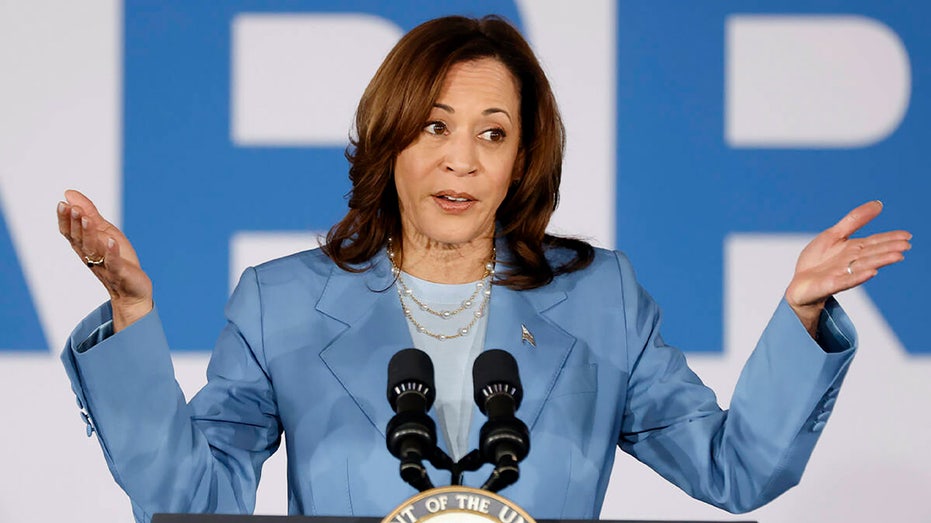Holiday crowds at airports and on highways are expected to be even bigger than last yearAirports and highways are expected to be busier this Christmas...
More Americans are expected to fly or drive far from home over Christmas than did last year, putting a cap on a busy year for travel.Auto club AAA forecast Monday that 115.2 million people will go 50 miles or more from home during the 10 days between Dec. 23 and New Year’s Day. That’s 2.2% more than AAA predicted during the comparable stretch last year.“That desire to get away is stronger than we have seen in a very long time,” said AAA spokeswoman Aixa Diaz. “People are willing to adjust their budgets in other areas of their life, but they want to keep traveling.” The AAA predicts that the holiday season will still fall 3% short of record travel in 2019, the last Christmas before COVID-19 hit the United States. Air travel in the U.S. has already rebounded, surpassing 2019 levels. The number of travelers going through U.S. airport checkpoints is up 12.4% over last year and 1.4% higher than in 2019, according to the Transportation Security Administration. Travel around the Thanksgiving Day holiday topped 2019 numbers, peaking at 2.9 million — a single-day record for TSA — screened on Sunday, Nov. 26.Airlines are predicting a blockbuster holiday season. Airlines for America says 39 million people — about 2.8 million a day on average — will board U.S. flights between Dec. 20 and Jan. 2. The trade group for big U.S. carriers expects about 3 million on the peak days - the Thursday and Friday before Christmas and the four days after the holiday. The airlines count people more than once if they take connecting flights instead of nonstops, so their numbers are higher than those reported by TSA.Travel is strong even though many Americans say they are worried about the economy. In an AP-NORC poll last week, seven out of 10 people surveyed rated the economy as poor. But at least inflation has cooled off a bit.Airline passengers are getting a slight break from last year’s high prices. Average fares in October were 13% lower than a year earlier, according to the government’s latest data. AAA predicts that 7.5 million people will fly in the U.S. in late December, but the club expects far more — nearly 104 million — to drive over the holidays.Motorists will pay a bit less to fill up. The national average price for a gallon of gasoline was $3.19 at the end of last week, compared with $3.33 a year earlier, according to AAA. Gas is under $3 a gallon across a swath in the middle of the country. Travel for Christmas and New Year’s is spread out over a couple weeks, so the busiest days rarely match the Thanksgiving peaks — TSA counted a record 2.9 million air travelers on the Sunday after the November holiday.Transportation data provider INRIX predicted that highways will be busiest on Saturday, Dec. 23, and Thursday, Dec. 28.AAA’s Diaz notes that many people are still working during the holidays. Vacationers heading to visit family will be mixing with commuters on the roads, “so rush hour could still be bad,” she said. “We always say leave as early as possible if you’re hitting the road or leave at night.”___Associated Press Staff Writer Rick Gentilo in Washington contributed to this report.
More Americans are expected to fly or drive far from home over Christmas than did last year, putting a cap on a busy year for travel.
Auto club AAA forecast Monday that 115.2 million people will go 50 miles or more from home during the 10 days between Dec. 23 and New Year’s Day. That’s 2.2% more than AAA predicted during the comparable stretch last year.
“That desire to get away is stronger than we have seen in a very long time,” said AAA spokeswoman Aixa Diaz. “People are willing to adjust their budgets in other areas of their life, but they want to keep traveling.”
The AAA predicts that the holiday season will still fall 3% short of record travel in 2019, the last Christmas before COVID-19 hit the United States.
Air travel in the U.S. has already rebounded, surpassing 2019 levels.
The number of travelers going through U.S. airport checkpoints is up 12.4% over last year and 1.4% higher than in 2019, according to the Transportation Security Administration. Travel around the Thanksgiving Day holiday topped 2019 numbers, peaking at 2.9 million — a single-day record for TSA — screened on Sunday, Nov. 26.
Airlines are predicting a blockbuster holiday season.
Airlines for America says 39 million people — about 2.8 million a day on average — will board U.S. flights between Dec. 20 and Jan. 2. The trade group for big U.S. carriers expects about 3 million on the peak days - the Thursday and Friday before Christmas and the four days after the holiday.
The airlines count people more than once if they take connecting flights instead of nonstops, so their numbers are higher than those reported by TSA.
Travel is strong even though many Americans say they are worried about the economy. In an AP-NORC poll last week, seven out of 10 people surveyed rated the economy as poor. But at least inflation has cooled off a bit.
Airline passengers are getting a slight break from last year’s high prices. Average fares in October were 13% lower than a year earlier, according to the government’s latest data.
AAA predicts that 7.5 million people will fly in the U.S. in late December, but the club expects far more — nearly 104 million — to drive over the holidays.
Motorists will pay a bit less to fill up. The national average price for a gallon of gasoline was $3.19 at the end of last week, compared with $3.33 a year earlier, according to AAA. Gas is under $3 a gallon across a swath in the middle of the country.
Travel for Christmas and New Year’s is spread out over a couple weeks, so the busiest days rarely match the Thanksgiving peaks — TSA counted a record 2.9 million air travelers on the Sunday after the November holiday.
Transportation data provider INRIX predicted that highways will be busiest on Saturday, Dec. 23, and Thursday, Dec. 28.
AAA’s Diaz notes that many people are still working during the holidays. Vacationers heading to visit family will be mixing with commuters on the roads, “so rush hour could still be bad,” she said. “We always say leave as early as possible if you’re hitting the road or leave at night.”
___
Associated Press Staff Writer Rick Gentilo in Washington contributed to this report.



